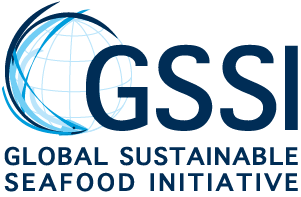
- Aim/Focus
- Standard organisation
- Good to know

The Aquaculture Stewardship Council label is recognized by GSSI, an initiative that assesses the credibility of ecolabels in fisheries and aquaculture.


The Aquaculture Stewardship Council label is recognized by GSSI, an initiative that assesses the credibility of ecolabels in fisheries and aquaculture.